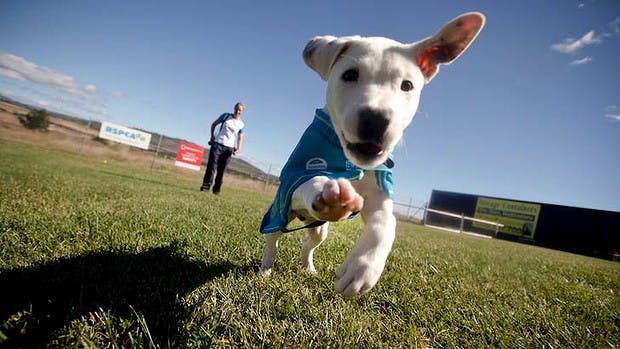Draft: Companion Animals Management Plan 2014-2017
This consultation has now concluded. Your comments and submissions are appreciated.
This consultation has now concluded. Your comments and submissions are appreciated.
Public comment and formal submissions are invited on the draft Companion Animals Management Plan 2014-2017.
The Companion Animals Act 1998 makes local government responsible for many issues regarding companion dogs and cats. There is a need for the Council to determine an appropriate balance between regulatory and non-regulatory techniques to influence companion animal related activities. The draft Plan outlines the Council's strategic approach to these issues over the next 3 years.
If you wish to submit a formal submission online you can click here or click on the "Send a Submission" tab on the tool bar below.




